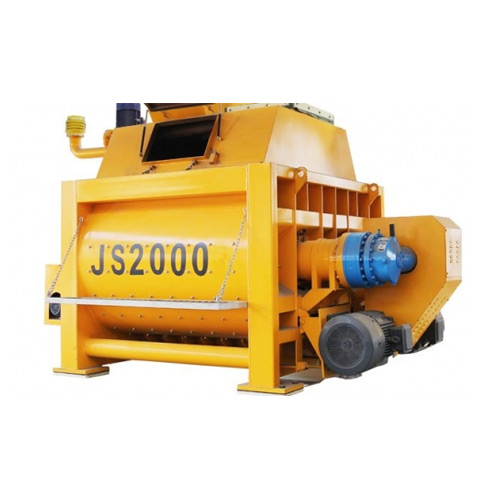commercial vacuum packaging machine
Dec . 12, 2024 21:50 Back to list
commercial vacuum packaging machine
The Importance of Commercial Vacuum Packaging Machines in Food Preservation
In the fast-paced world of food production and distribution, maintaining freshness and extending shelf life are critical challenges faced by businesses. Commercial vacuum packaging machines have emerged as essential tools in the food industry, providing an effective solution for preserving food quality and safety. This article explores the significance, functionality, and benefits of using commercial vacuum packaging machines.
What is Vacuum Packaging?
Vacuum packaging is a method of sealing food products in air-tight containers or bags to prevent air from entering. By removing air from the packaging, the growth of bacteria, mold, and yeast is significantly reduced, which helps in maintaining the food's freshness, flavor, and nutritional values. This process is particularly beneficial for perishable items such as meats, dairy products, and various vegetables and fruits.
How Do Commercial Vacuum Packaging Machines Work?
Commercial vacuum packaging machines operate by creating a vacuum seal around food items. The process typically involves placing the food into a specially designed bag, which is then inserted into the machine. The machine removes the air from the bag and seals it tightly, creating an airtight environment. There are two main types of vacuum packaging machines chamber machines and external suction machines.
1. Chamber Machines These machines have a chamber where the entire bagged food item is placed. Once closed, the machine evacuates air from the chamber, and the bag is sealed simultaneously. Chamber machines are more efficient for bulk packaging and are often used in large-scale operations.
2. External Suction Machines These machines allow users to place the vacuum bag on the exterior, where a nozzle is used to suck out the air before sealing. They are often more compact and suitable for smaller businesses or for home use.
Benefits of Using Commercial Vacuum Packaging Machines
commercial vacuum packaging machine

1. Extended Shelf Life One of the primary advantages of vacuum packaging is the significant extension of food shelf life. By reducing the oxygen level, companies can keep food items fresh for much longer periods without the need for preservatives.
2. Cost Efficiency With improved preservation, businesses can reduce food waste and save on costs associated with spoilage. This preservation method not only decreases losses but also enables companies to buy in bulk and store items for extended periods.
3. Food Safety Vacuum packaging minimizes the risk of contamination and spoilage, ensuring that products remain safe for consumption. The absence of oxygen inhibits the growth of harmful bacteria and pathogens, providing an additional layer of safety for consumers.
4. Enhanced Flavor and Quality Air exposure can lead to oxidation, which affects the taste and quality of food. Vacuum packing helps to lock in flavors and prevents freezer burn in frozen items, leading to a more enjoyable eating experience.
5. Convenience and Versatility Commercial vacuum packaging machines can be utilized for various food products, ranging from meats and cheeses to dry goods and prepared meals. This versatility makes them appropriate for restaurants, supermarkets, and food manufacturers alike.
6. Space Efficiency Vacuum-sealed packages can be packed tightly together, optimizing storage space in both retail and warehouse settings. This efficient use of space can lead to more organized inventory management.
7. Ease of Use Modern vacuum packaging machines come equipped with user-friendly controls and settings, making the packaging process straightforward. Many machines also offer customizable sealing options based on the type of food being packed.
Conclusion
In summary, commercial vacuum packaging machines play an invaluable role in the food industry by enhancing food preservation, safety, and quality. With their ability to extend the shelf life of products, reduce waste, and maintain flavor, these machines are essential assets for businesses looking to improve their operations and better serve their customers. As food safety concerns increase globally and the demand for longer-lasting products grows, investing in commercial vacuum packaging technology is not only sensible but essential for success in today's competitive food market.
-
Hot Sale 24 & 18 Door Rabbit Cages - Premium Breeding Solutions
NewsJul.25,2025
-
Automatic Feeding Line System Pan Feeder Nipple Drinker - Anping County Yize Metal Products Co., Ltd.
NewsJul.21,2025
-
Automatic Feeding Line System Pan Feeder Nipple Drinker - Anping County Yize Metal Products Co., Ltd.
NewsJul.21,2025
-
Automatic Feeding Line System - Anping Yize | Precision & Nipple
NewsJul.21,2025
-
Automatic Feeding Line System - Anping Yize | Precision & Nipple
NewsJul.21,2025
-
Automatic Feeding Line System-Anping County Yize Metal Products Co., Ltd.|Efficient Feed Distribution&Customized Animal Farming Solutions
NewsJul.21,2025






